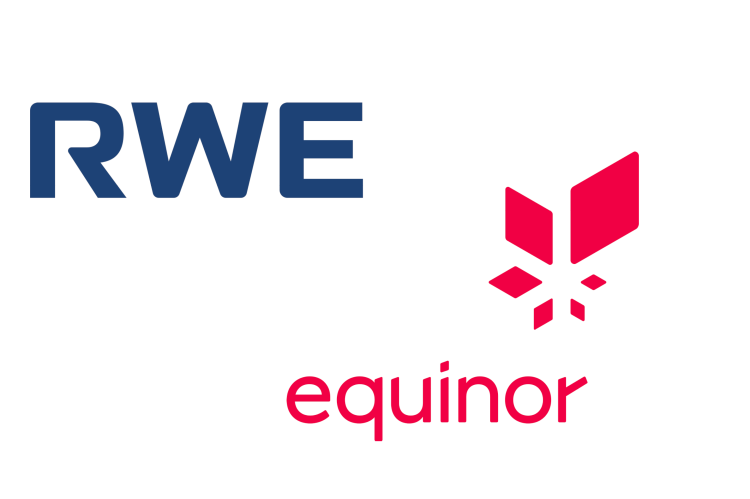RWE & Equinor Partner to Bolster Germany's Decarbonisation Efforts and Security of Supply

A German multinational energy corporation, RWE, and a Norwegian state-owned petroleum refining company, Equinor, on Thursday, January 5, 2022, entered a strategic partnership to develop a high-value supply chain for low-emission carbon to support Germany's decarbonization efforts while also bolstering the country's security of energy supply.
According to press releases published by RWE and Equinor, the two companies plan to build hydrogen-ready fired power plants (CCGT) with a total output of 3 gigawatts by 2030 to replace Germany's aging and high-emission coal-powered plants.
The anticipated power plants will initially run on natural gas before transitioning to hydrogen, which will be generated in Norway at a jointly built production facility and transported through the existing pipeline to Germany.
Based on the German Federal Ministry of Economic Affairs and Climate Protection specifications, the plants under consideration shall reach 50% volume hydrogen combustion at the commissioning stage, with the two companies pursuing a roadmap to 100% hydrogen combustion capability.
"In order to make progress in the conversion from fossil fuels to hydrogen, there is an urgent need for a rapid ramp up of the hydrogen economy. Blue hydrogen in large quantities can be the start, with subsequent conversion into green hydrogen supply. This is exactly what we are driving forward with our partnership – providing the industries with significant quantities of hydrogen," said Markus Krebber, CEO of RWE.
Equinor is planning to invest in clean energy projects that will supply energy to Europe with an initial production capacity of 2 gigawatts (GW) of low-carbon hydrogen (blue hydrogen) in Norway, which could be ramped up to 10 gigawatts by 2038. The supplies from the facilities will be transported to Germany through a pipeline, which the gas operator, Gassco, is already assessing.
"Through this collaboration, we will strengthen the long-term energy security for Europe's leading industrial country while at the same time offering a viable route to a necessary energy transition for hard-to-abate industries. The collaboration has the potential to develop Norway into a key supplier of hydrogen to Germany and Europe," said Anders Opedal, Equinor's CEO and president.
Quoted in a Reuters article, Equinor CEO Anders Opedal revealed that the entire supply chain could cost "tens of billion euros," with the pipeline alone expected to cost 3 billion euros, adding that it would be the first of its kind globally.
According to Opedal, the pipeline could transport 4 million tonnes of hydrogen annually, equivalent to 135 terawatt hours of energy, similar to the entire Norwegian hydropower production.

